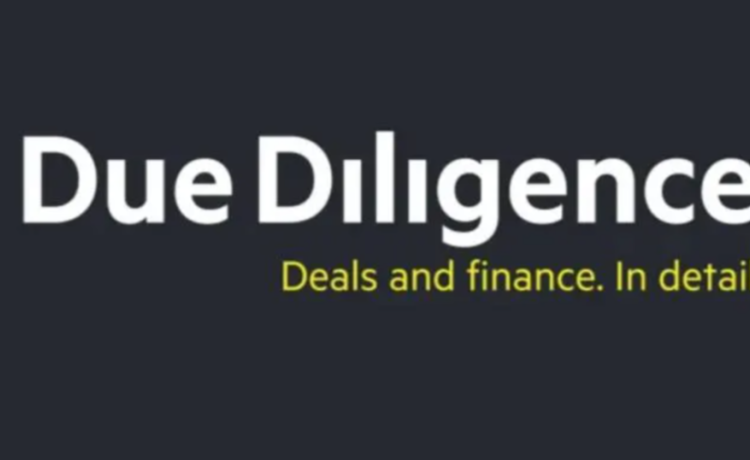One thing to start: British chemicals billionaire Sir Jim Ratcliffe has formally entered the process to buy Manchester United, as the Glazer family looks to sell one of the biggest brands in global sport.
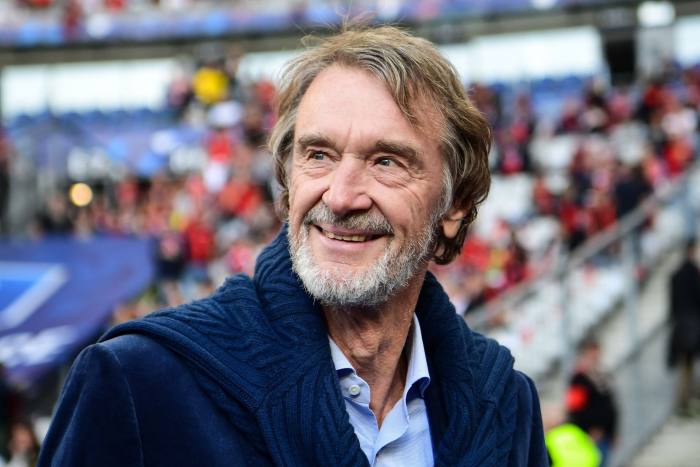
Welcome to Due Diligence, your briefing on dealmaking, private equity and corporate finance. This article is an on-site version of the newsletter. Sign up here to get the newsletter sent to your inbox every Tuesday to Friday. Get in touch with us anytime: Due.Diligence@ft.com
In today’s newsletter:
-
Twitter’s debt deadline
-
Banks struggle to leave Russia
-
Ryan Cohen’s far-fetched Alibaba attack
Twitter awaits a monster bill
In a matter of days, Twitter may need to wire the first interest payment connected to Elon Musk’s $44bn buyout of the company.
The banks that lent $13bn to finance the acquisition — a group led by Morgan Stanley, Bank of America, Barclays and Mitsubishi — have been left in a tricky position. The $13bn is held by Twitter at a corporate level, with no personal guarantee by Musk.
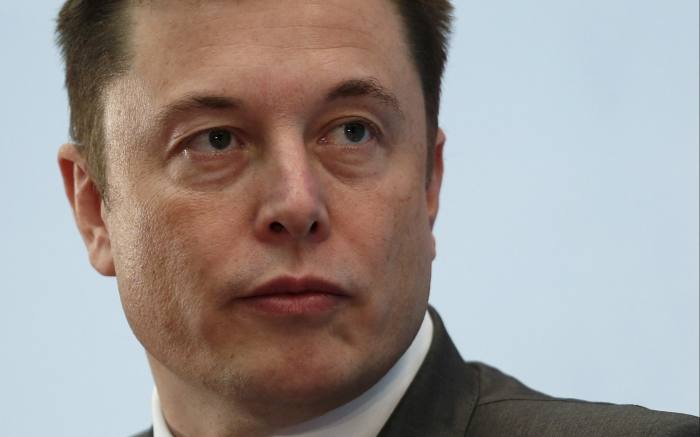
Musk’s leadership hasn’t inspired much confidence in a turnround at Twitter. Despite his frantic efforts to cut costs, he has said bankruptcy could be on the horizon.
If Twitter doesn’t make its first interest payment, it would join a small but notorious league of companies dubbed “NCAA” by debt traders — short for “no coupon at all” — including US car rental company Hertz and German payments group Wirecard.
Such a default would likely lead to a drawn-out debt restructuring process in US courts.
To avoid bankruptcy, Twitter could do the following, the FT’s Tabby Kinder, Richard Waters and Eric Platt explain:
-
Pay the interest from Twitter’s dwindling cash reserves (the company only has a cash position of about $1bn)
-
Sell more equity in the company to fund the payments (Twitter’s enterprise value is declining fast. Raising cash by collateralising more shares in his electric vehicle group Tesla has its own set of problems)
But bankers who spoke to the FT said Musk was unlikely to allow Twitter to file for bankruptcy, which would risk him losing control of the business. It could also wipe out his $26bn personal equity investment, as well as stakes held by investors including Sequoia Capital, Oracle co-founder Larry Ellison and Saudi prince Alwaleed bin Talal.
The following get-out-of-bankruptcy-free cards could be pulled instead:
-
Cutting a new deal with the banks, such as a debt-for-equity exchange at a discount to the debt’s face value
-
Convincing the banks to allow Twitter to defer its debt payments in forbearance
-
Finding alternative ways to fund its interest payments to bide time as he tries to turn around the business
With few investors lining up to take on the debt — the deal is one of Wall Street’s biggest hung financings since the financial crisis — lenders are formulating their own survival strategies. Morgan Stanley revealed on Tuesday that its investment bank had taken $356mn of mark-to-market losses on corporate loans and hedges in the fourth quarter, a hit driven by soured deals, including its loan to Twitter.
Bankers are in discussions with Musk to replace about $3bn of expensive unsecured debt that has an interest rate of 11.75 per cent, with margin loans, backed by Musk’s stake in Tesla, according to two people close to the matter.
However, one cautioned that such a deal wasn’t imminent. Musk is under no illusion that the value of that unsecured loan has plummeted in value since the buyout, raising the question of why he would take out a $3bn loan to pay off debt worth just a fraction of that.
Bankers and investors don’t expect to attempt to offload the loans any time soon. Last month, one investor told us that the debt was “un-due diligence-able”. DD is keen to see whether that theory holds.
Leaving Russia: harder than it seemed
When HSBC struck a deal to sell its Russian subsidiary to local lender Expobank in July, it looked like the bank had found a neat solution to a particularly delicate problem.
Western banks had been trying to extricate themselves from the market since Russia’s invasion of Ukraine. Pressure from domestic politicians and growing sanctions lists made the country almost impossible to do business in.
By agreeing to sell to Expobank, HSBC appeared to have achieved what few other foreign lenders had managed: a face-saving Russian exit.
Less than two weeks later, on August 5, Vladimir Putin threw a wrench in the deal.
In signing Presidential Decree No 520, the Russian president ordered that sales of certain companies, including banks, by foreign owners from “unfriendly” countries would be prohibited unless he personally rubber-stamped the deals.
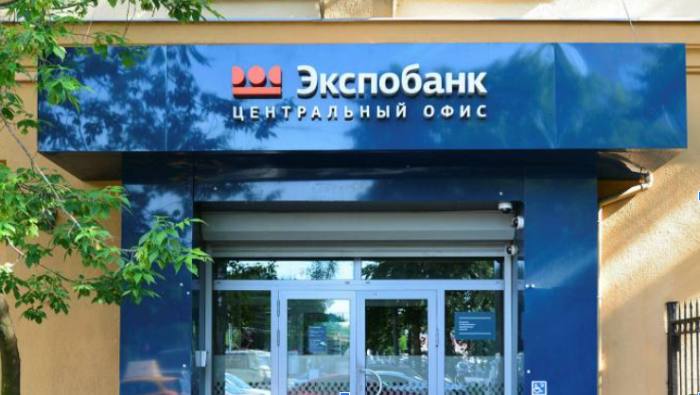
For HSBC and 44 other western lenders with Russian subsidiaries, this shattered their hopes of making a swift exit from the country.
Advisers working for those banks told the FT’s Owen Walker that they expect the president’s intervention to thwart some sales that were already under discussion, while fundamentally altering the terms of others.
“There are some very powerful Russians with close links to the Kremlin who are trying to use their influence to grab these entities from fleeing foreigners,” said a person involved in negotiations.
A meme stock king tackles Alibaba
When Ryan Cohen sold Chewy, the online pet food seller he founded, to private equity firm BC Partners for more than $3bn in 2017, it spurred the billionaire to pursue a new career of betting massive sums of money on low-priced stocks Wall Street has left for dead.
Cohen became the pied piper of meme-stock investors in 2020 when he bet GameStop, a video game retailer suffering plunging sales from the coronavirus pandemic, would see its shares squeeze higher in part from a massive stock buyback.
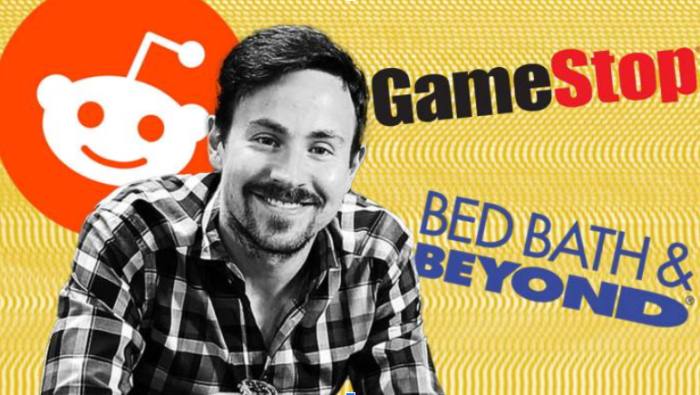
Last year, his big down-and-out stock bet was on Bed Bath & Beyond as it hurtled towards restructuring.
Now Cohen has found the ultimate lottery ticket bet in Alibaba. He has invested hundreds of millions of dollars in the Chinese ecommerce giant, DD’s Ortenca Aliaj and James Fontanella-Khan report, and called for the group to accelerate share buybacks.
The gambit could hardly have lower odds.
Consider that Cohen is asking for changes to a company where its own founder, Jack Ma, has made a very noticeable retreat from public view after criticising Chinese regulators.
Alibaba has borne the brunt of a crackdown by the one-party state on its tech giants, falling by about two-thirds since October 2020.
Even if he’s deluded enough to think US activism could work in China, Lex argues, there are other barriers at play. Chinese groups such as Alibaba use a so-called “variable interest entity structure” — aka offshore holding companies — for their overseas listings. While foreign shareholders are allowed to share profits, they technically don’t have ownership of the underlying business.
Local internet regulators took a holding in an Alibaba unit earlier this month, meaning the Communist party has a finger in the pie, too.
Unlike GameStop and Bed Bath, Alibaba also is one of the world’s largest companies, making a squeeze hard to execute. Cohen made windfalls at both companies without either company transforming into solid businesses.
If he were to somehow spur better performance at Alibaba, sceptics of his manoeuvres on Wall Street might take a second look at his activist investing acumen.
Job moves
-
Bain Capital co-chair Steve Pagliuca is retiring from the private equity firm, per the Wall Street Journal.
-
Weil, Gotshal & Manges has hired Sarah Flaherty as an M&A partner, based in London. She’s currently a partner at Linklaters.
-
Goldman Sachs has cut about 50 dealmakers in Europe, per Financial News.
-
Paul, Weiss has hired former federal judge Katherine Forrest, most recently a partner at Cravath, as a litigation partner in New York.
-
JPMorgan Chase has appointed General Motors veteran Alicia Boler Davis to its board of directors.
-
Max Chuard has stepped down as chief executive of Swiss software group Temenos. More from Lex.
-
Pictet Alternative Advisors has made four private equity hires: Sun Capital Partners’ Nikolaus Hubmann as head of Germany, Austria and Switzerland, Ares Management’s Sean Howard as an investment manager, Aurelius Group’s Jan Dreesen as an investment associate and McKinsey & Company’s Hugo Hickson as value creation principal.
Smart reads
Singaporean bank accounts Singapore has been pitching itself to wealthy Chinese investors as “the Switzerland of Asia” for years now. The new cold war, insiders tell the FT, is finally making its aspirations a reality.
Trust issues Handlers of the ultra-rich often get front-row seats to family secrets. When heirs to the fortune of oil tycoon J Paul Getty began feuding with their longtime wealth manager, the dynastic drama leaked into the public sphere, the New Yorker writes
Better late than never On World Menopause Day, a group of senior finance executives warned banks that they must support staff going through menopause or risk losing top talent. Now, the City is rushing to implement new policies, per Financial News.
News round-up
PwC resigns as indebted Chinese developer Evergrande’s auditor (FT)
Britishvolt collapses into administration as rescue talks fail (FT)
Emerson Electric unveils hostile $7bn bid for National Instruments (FT)
Ecommerce group THG cuts profit forecast for fourth time within a year (FT)
Diageo buys Don Papa rum brand for initial €260mn (FT)
Yen traders braced for volatility as BoJ meets (FT)
NetEase rejects Activision offer to extend China licensing partnership (Wall Street Journal)
Law firm Clifford Chance pays highest earner £4.9mn in 2022 (FT)
Elon Musk trial set to begin over Tesla ‘funding secured’ tweet (FT)

